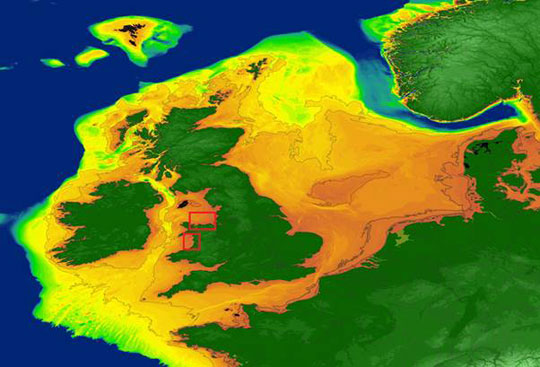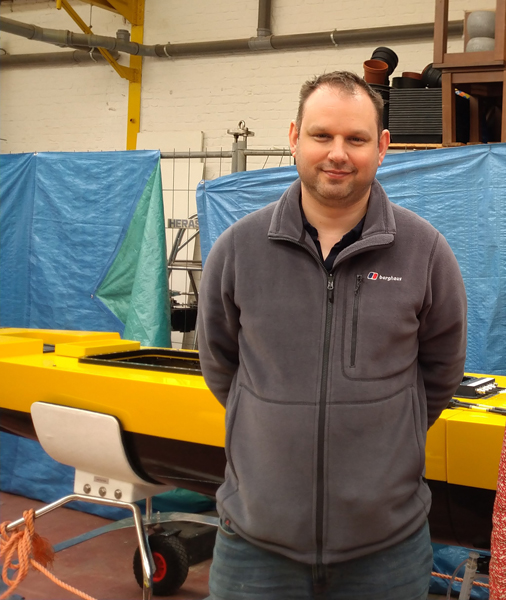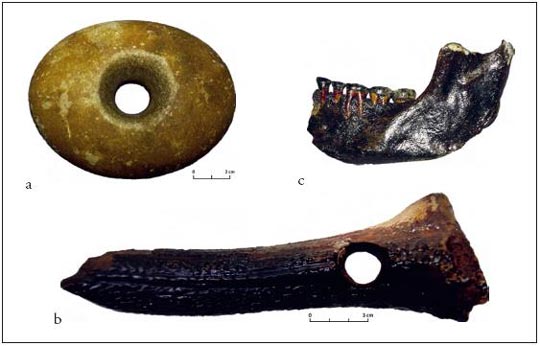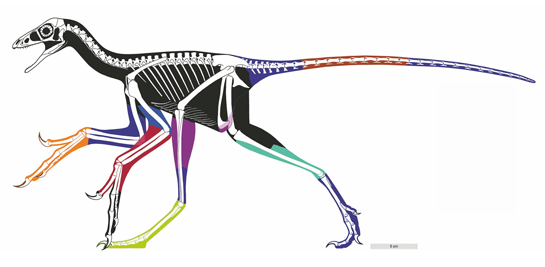A study published in the journal Ocean and Coastal Management predicts that rising sea levels threaten 200,000 properties in England. Sea levels have changed before and a new research programme instigated by scientists at the University of Bradford is setting out to map Stone Age settlements that have been swallowed by the sea.

Searching for Human Settlements
The archaeological study, the first of its kind in the world, is being led by Dr Simon Fitch, a geoarchaeologist at the University of Bradford. It will entail the use of unmanned underwater drones and advanced three-dimensional seismic sensors to map coastlines as they looked between 20,000 BCE and 10,000 BCE (BCE – Before the Common Era).
During the later stages of the Palaeolithic, sea levels were between 120 metres to 40 metres lower than they are today, the British Isles was still connected to the European mainland and much of the area we now refer to as the North Sea was land (Doggerland). This project aims to find evidence of human occupation in areas which are now underwater.

The “Life on the Edge” Project
The five-year project entitled “Life on the Edge” has received funding from several sources including the use of a vessel provided by the Flanders Marine Institute.
Commenting on the significance of this study, Dr Fitch stated:
“Our knowledge of the submerged coastal zones of the Late Palaeolithic is essentially non-existent and we have little to no knowledge on the settlement of these areas. This project will represent the first serious attempt to record these landscapes and understand the communities who lived on the edge of the continents.”
Ice Age Settlements
During the last glacial period, humans occupied the extensive plains that linked the British Isles to the European mainland. It is likely that there were many settlements and this project sets out to map the unexplored record of coastal occupation with the focus on three locations the coast of Scotland, Belgium and the continental shelf of Croatia.
Whilst looking backwards into human history, this research also has important implications for the future of humanity. The study will examine how people adapted to the challenges of sea levels and climate change – issues that threaten humanity today.

Dr Fitch added:
“It is not hyperbole to say this is ground-breaking. This survey will provide significant advances in scientific understanding and the results will be of global importance, as it will vastly improve the methodologies available to investigate the vast inundated prehistoric landscapes that can be found around the world.”
Everything Dinosaur acknowledges the assistance of a press release from the University of Bradford in the compilation of this article.






Leave A Comment